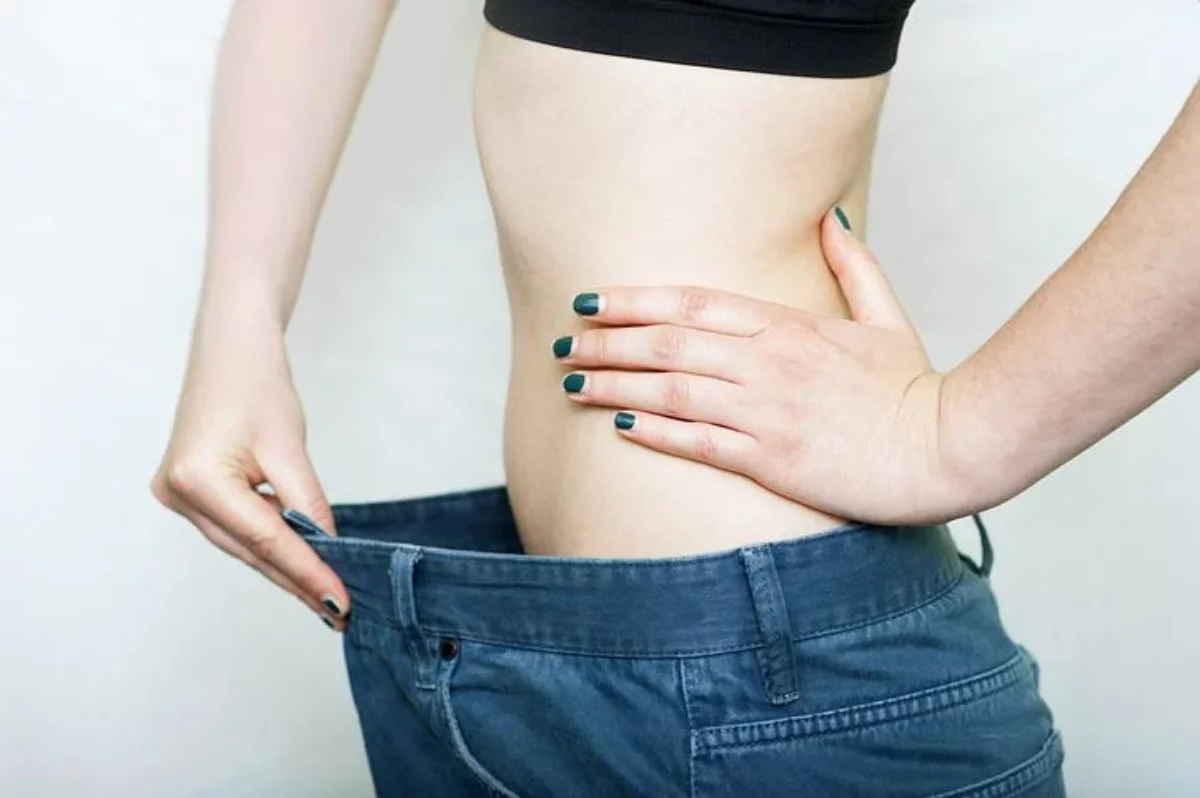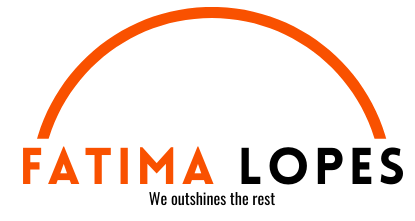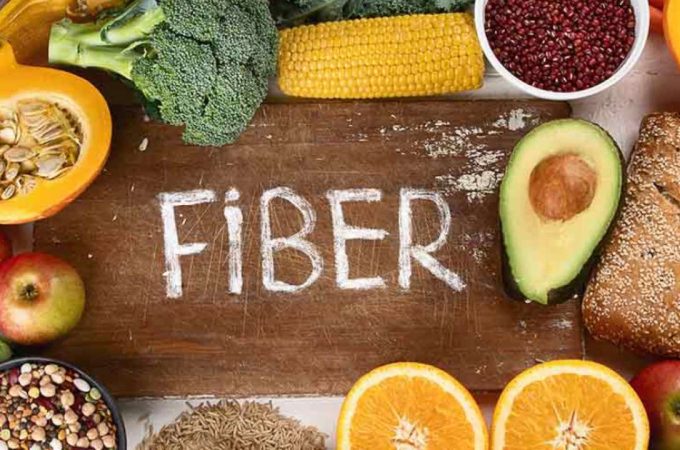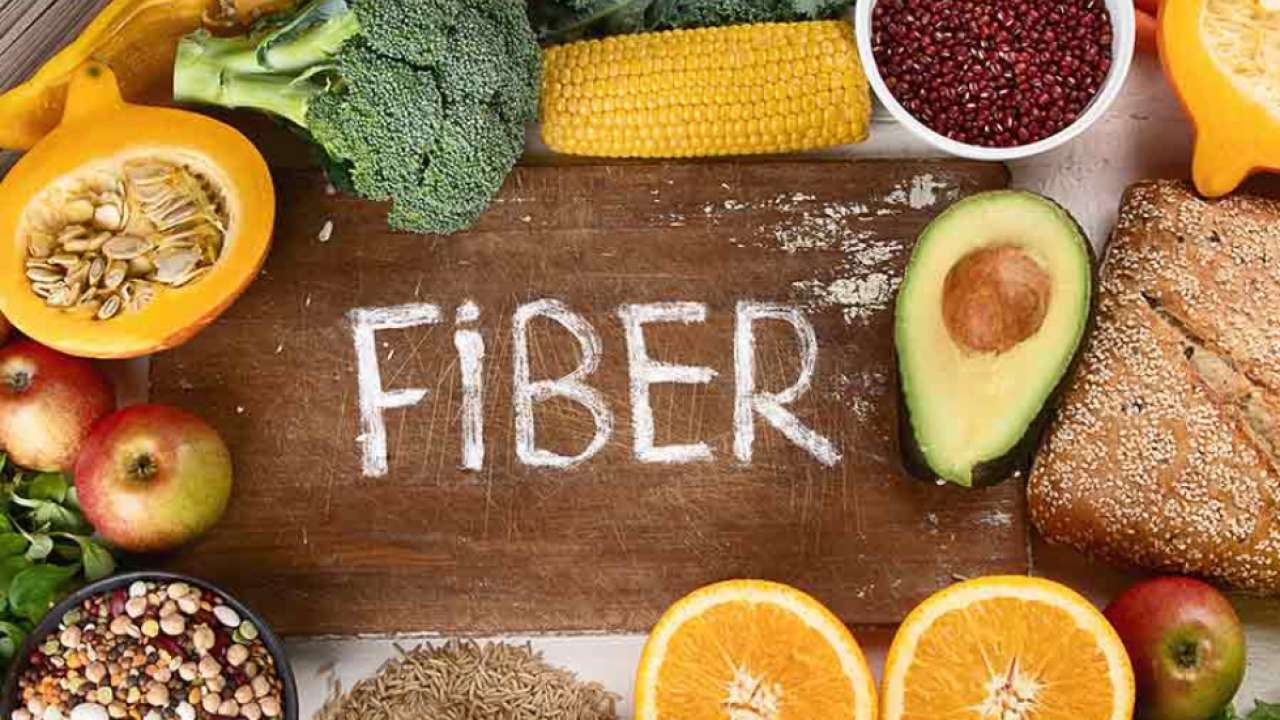Losing weight is a goal that many people strive for, and it can be difficult to achieve. Fortunately, there are weight loss supplements on the market, such as PhenQ, that can help support your efforts and make achieving your goals more manageable. In this article, we’ll give you an overview of what PhenQ does and how you can use it to lose weight effectively. We’ll also share with you a PhenQ review from a real customer who has tried the product and seen results.
PhenQ is a dietary supplement designed specifically for people who want to lose excess weight. It combines all natural ingredients into a powerful formula that works by suppressing appetite, boosting energy levels, preventing fat production and even boosting mood, so you’re less likely to binge eat or give in to cravings.
Benefits of taking PhenQ
The benefits of taking PhenQ include;
- Appetite suppression:
One of the main reasons why people find it difficult to lose weight is because they cannot control their appetite – they feel hungry all the time and often give in to cravings. But with PhenQ’s active ingredient alpha-Lacys Reset®, users experience a reduction in hunger pangs throughout the day, making it easier to stick to their diet.
- Increased energy levels:
Another key benefit of taking this supplement is its ability to boost energy levels both mentally and physically, giving users more motivation and drive when it comes to exercising or taking part in physical activities as part of their weight loss plan.

- Prevention of fat production:
The manufacturer claims that α-Lacys Reset® helps prevent fat production in the body by blocking the activation of certain enzymes that cause fat storage. This means less stress about regaining lost pounds after stopping the supplement.
- Improved mood and concentration:
Finally, an interesting advantage over other supplements is its ability to improve mood through its natural blend of ingredients such as nopal (a type of cactus), which has been shown to contain high levels of serotonin – known as the ‘happy hormone’ – resulting in improved focus and concentration even while dieting!
How do I take PhenQ for maximum effect?
To get the most out of taking PhenQ, here are a few tips:
1. Follow the instructions carefully:
Make sure you read all the instructions before starting your course so you know exactly how much to take each day and when (usually two capsules a day). Do not exceed this amount as overdosing can cause serious side effects!
2. Add exercise to your routine:
Combining exercise with supplementation will greatly increase your chances of success, as regular exercise helps to reduce body fat faster than diet alone – and it also improves overall health!
3. Monitor your diet:
Whilst taking this product will naturally help to suppress appetite, a healthy balanced diet still needs attention for results; limiting processed/junk food intake, opting instead for lean proteins (such as fish), incorporating whole grains into meals etc.
4. Drink plenty of water:
Drinking plenty of water every day ensures that toxins are quickly flushed out of your system, which also plays an important role in achieving desired results.
5. Stay Patient & Consistent:
Last but not least – patience is key here; expecting overnight changes without consistent effort over time won’t work, so stay motivated all the way to your desired goals… and beyond!

Side effects of taking PhenQ?
While there have been no major reports or complaints associated with the use of this supplement – individuals who have used products containing similar ingredients have occasionally experienced nausea; minor headaches or dizziness may also occur – so if you experience any negative reactions then stop taking it immediately & consult a doctor as soon as possible!
Overall though, given its natural ingredients – side effects should be minimal when used correctly according to the directions provided on the bottle label… and remember always check the label first before purchasing any supplements online/offline (especially if pregnant/breastfeeding etc).
Conclusion
Phenq offers a great opportunity for those who want something different from traditional diets or exercise regimes; providing an alternative approach to achieving desired goals safely & efficiently without having to worry about the nasty side effects usually associated with pharmaceuticals etc.
It’s also backed by strong scientific evidence to date, making it an even more attractive option for many potential customers alike!




